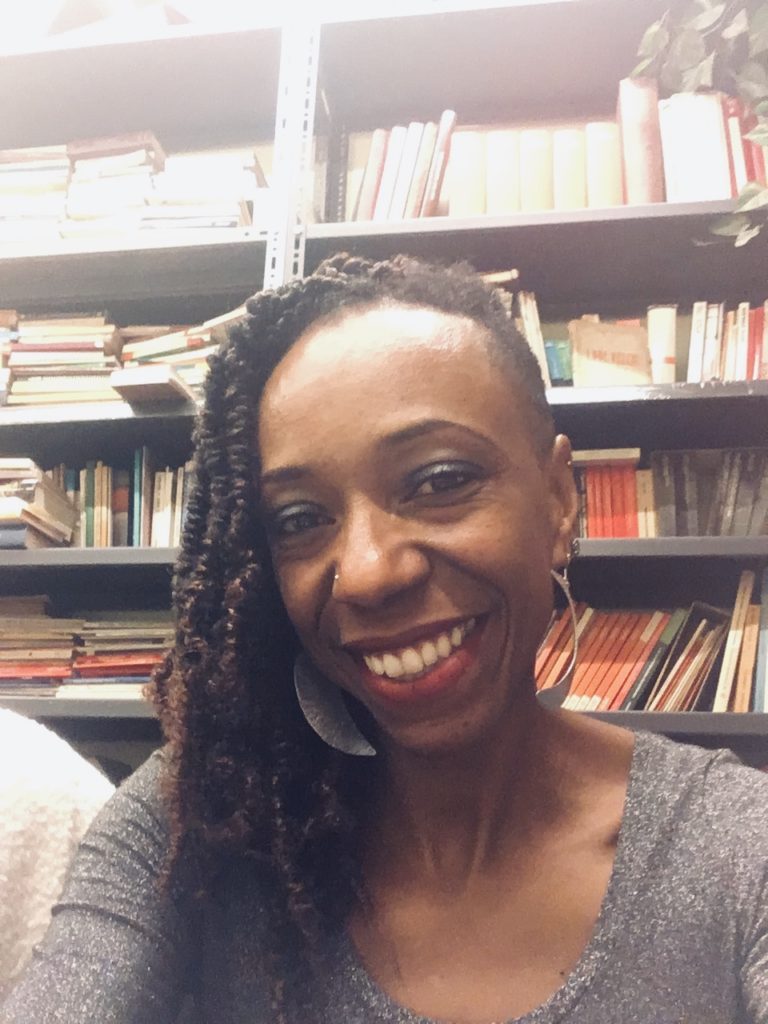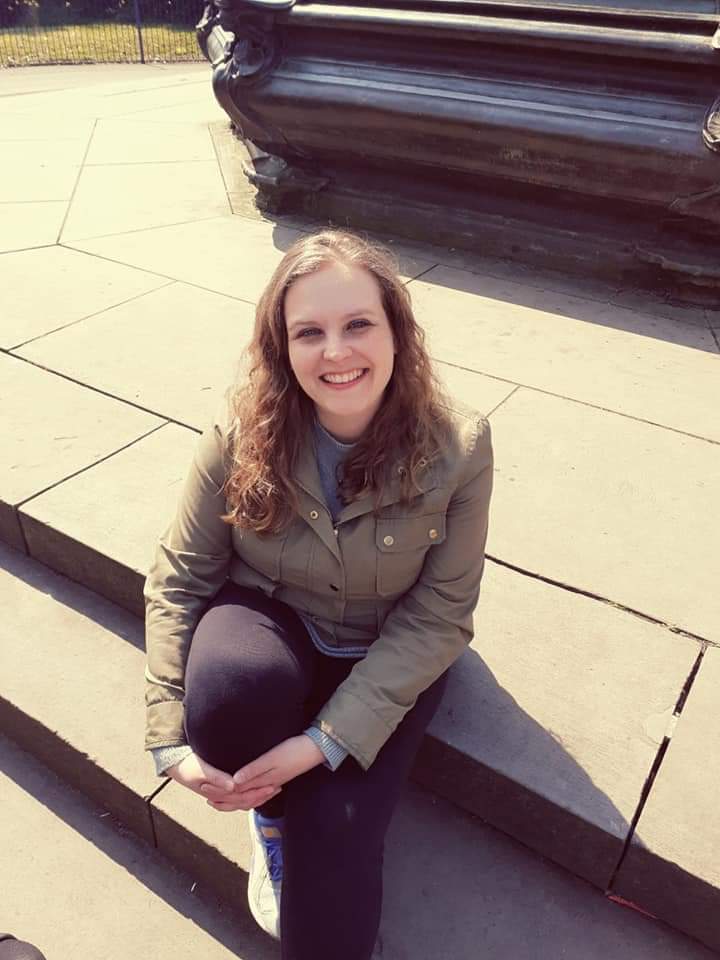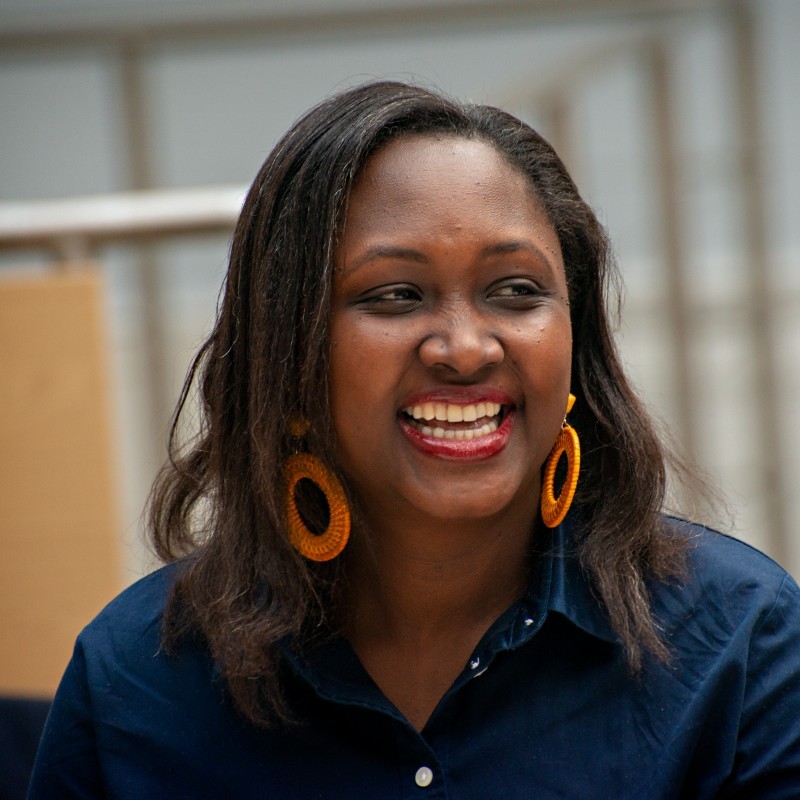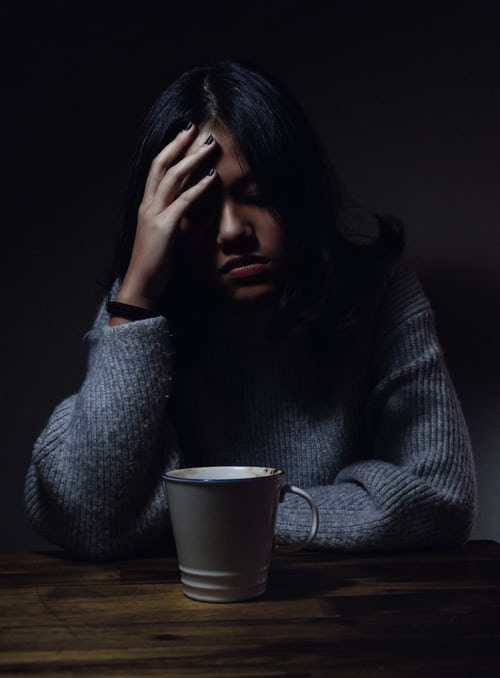“The state of migrant women’s mental health” is a series of articles in which Migrant Women Press had conversations with therapists and organisations to understand how migration and displacement affect women’s mental health. The impact is huge.
by Juliana da Penha and Rachel Jenkins
In our first article, we touched on the barriers that migrant women, particularly asylum seekers and refugees face in accessing mental health services, even though statistically they are in greater need of mental health support due to historic trauma, as well as the trauma of the asylum system itself. This systemic trauma represents just one part of immigration policies designed to be ‘hostile’.
To further discuss how to provide mental health support to migrant women, we had a conversation with Hannaa El- Sayed, a counsellor, psychotherapist, and post-graduate in Transcultural Psychology, currently a digital nomad. She has experience providing therapy to ethnically diverse and migrant communities and women with a history of trafficking. Her humanitarian interest brought her to work in different countries such as Kenya, Jordan, and Greece, and in refugee camps. In this interview, she speaks about her commitment to providing mental health support to migrant and ethnically diverse communities, and demonstrates her knowledge of the barriers that many migrant women face in accessing mental health support.”
“I learned through the work and from refugees and migrants who have been through severe trauma and loss that deep listening, being truly available, present and open to working outside of the frame (as we know it) are essential to feeling heard and building safety and trust.”
Why did you become a counsellor and psychotherapist?
Hannaa El-Sayed: I don’t know if there is just one reason or if it is the mixture of experiences that pulls one to commit to this profession. I think, for me, it was the mixture between listening to the stories of my parents’ experiences of living in Botswana, Africa and being captured by movies that showed the reality of the atrocities of wars and other crises occurring in different parts of the world. I consider myself very lucky to have realised at an early age that providing therapy to disadvantaged people is what I wanted to do. I remember sitting on the 7th-floor terrace in my grandparent’s apartment near the Nile in Cairo, Egypt, at the age of thirteen, when the insight came to me, it was very clear, “I am going to be a psychologist”. After a long wait, the opportunity finally came to join a psychology degree in the Netherlands. Three years later, I moved to London to attend a very unique Master degree in Transcultural Mental Health Care followed by five years of training in psychotherapy. At the age of thirteen, I don’t think I knew exactly what it meant to be a therapist, and it took so many years to get here, but I never doubted the decision.
Could you speak about your work experience in counselling and psychotherapy?
Hannaa: For a number of years along with my studies, I volunteered as an advocate and caseworker for marginalized people. I worked at the British Red Cross, at day centres and at the Refugee Therapy Center in London.
After a few years, the door opened to offer therapy. I would never forget the feedback of my first client, back in 2015, a young Ethiopian refugee woman at my clinical placement in London who found therapy helpful. Since then, I have worked with people from several countries and various ethnic minority groups, predominantly providing therapy to refugees and asylum seekers and women with a history of trafficking. The experience of working at humanitarian organizations such as Room to Heal, Refugee Action Kingston, Medaille trust, Waterloo Community Counselling and Mewso with people from diverse backgrounds for many years in such an intimate way is priceless to me.
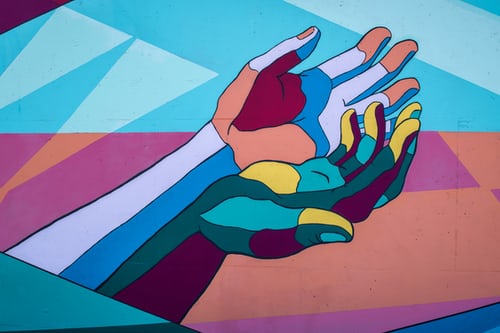
Do you think your personal experience as mixed-race and your migration background help your work as a therapist when working with ethnically diverse and migrant communities? Could you give some examples?Hanna: As a mixed-race therapist, deep down I always experienced a sense of my difference and not belonging. I came to explore these feelings further at my training; relationally I experienced the others lack of curiosity and appreciation of my difference. In some relationships, I experienced a strong rejection and unfair discrimination. I believe exploring my feelings and lived experiences helped me to take a step closer to what a migrant or a refugee might feel on a daily basis in the relational field. In the therapeutic relationship, I experienced moments of deep empathy and connection between the client and me; a shared understanding. I believe these moments can become seeds of recovery.
“In the therapeutic relationship, I experienced moments of deep empathy and connection between the client and me; a shared understanding. I believe these moments can become seeds to recovery.”
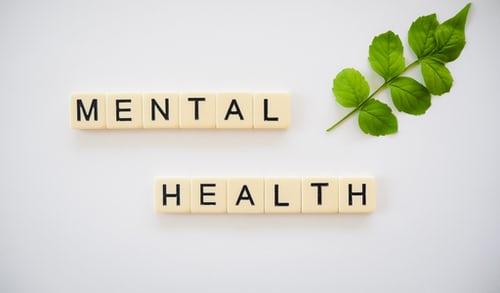
You have a humanitarian interest and worked with different organisations providing support to migrant and refugee communities. You also worked in other countries such as Kenya, Jordan, and Greece, and worked in refugee camps. How did all these experiences impact your work as a therapist?
Hannaa: Something happens when we travel to another country, not just as tourists or observers with a camera, but when we interact with the culture and others for a longer period of time. When we hear, see and smell and be present in this culture. Working internationally helped to open my eyes to a different way of providing therapy. I could transfer my experience of working in refugee camps back to my work in London. I learned through the work and from refugees and migrants who have been through severe trauma and loss that deep listening, being truly available, present and open to working outside of the frame (as we know it) are essential to feeling heard and building safety and trust.
“Working internationally helped to open my eyes into a different way of providing therapy.”
Could you explain your integrative approach, especially the “culturally sensitive therapy”? What are the benefits of this approach on ethnically diverse and migrant communities? Could you tell how it benefits migrant women in particular?
Hannaa: To me, one of the many meanings of culturally sensitive therapy is to be open to working with different languages of expression. For example; in some cultures (more so than in others) it is common to express pain and trauma in the form of physical symptoms. I believe it is the therapist’s job to hold a sensitivity to these differences and the ability to understand and explore potential cultural variations in the work. It was a reaffirming lesson when I intervened with the classical therapeutic question “How do you feel?” while working with a refugee woman who had experienced war, imprisonment, torture and rape; her emotional and bodily trauma were speaking through headaches and back pain. She replied, “what do you mean?” Working in a culturally sensitive way is to know that sometimes feelings can be an alien language and that it is important to include the client’s language of expression in and for the service of the work.

“Working in a culturally sensitive way is to include the client’s language of expression in and for the service of the work.”
From your experience, what are the main issues that impact the mental health of migrant women?
Hannaa: Often migrant and refugee women have experienced trauma that led to (among others) depression and PTSD, manifesting in symptoms such as debilitating sadness, helplessness, chronic tiredness, sleeplessness, anxiety, nightmares, re-experiencing the trauma and avoidance. Some women may find it very hard to feel safe and trust others, they may consequently suffer from loneliness, isolation and a sense of disconnection from others. The overwhelm and the sense of lack of control may also give rise to eating disturbances and obsessive-compulsive behaviour.
“Some women may find it very hard to feel safe and trust others, they may consequently suffer from loneliness, isolation and a sense of disconnection from others.”
From your experience working with migrants and ethnically diverse communities, could you speak about the consequences of racial discrimination on the mental health of these communities?
Hannaa: Refugees often have experienced trauma in their home countries or during the journey to the host country, yet unfortunately, it does not stop there. Migrants and refugees face racial trauma in the hosting country for long periods of time. Oppression and discrimination in daily lives can mean that clients require longer periods of time in therapy to feel safe to express and make meaning of their traumas. This, in turn, means that symptoms of for example PTSD and depression are prolonged and opportunities for recovery and growth are delayed. I learned while working with multi-ethnic groups, at social inclusive and low-cost services (e.g. Aashna in London) that first of all, it is important to acknowledge that oppression and racism exist in western society. And the therapist’s awareness and relational exploration of the role of their own history and racial identity is crucial to the therapeutic work. That is, it is important for the therapist to deeply listen to the client and be open to their own vulnerability. When sharing, exploring and connecting are possible, a space is created for the split between the bad and the good to integrate both in the client and in the society.

“…first of all, it is important to acknowledge that oppression and racism exist in the western society. And the therapist’s awareness and relational exploration of the role of their own history and racial identity is crucial to the therapeutic work.”
What are the main barriers that prevent migrant women from accessing mental health services?
Hannaa: Besides racism, class and gender diversity form barriers to accessing treatment. Unfortunately, the scarcity of funding in the charity sector and the lack of childcare in counselling services means that many referrals have to be turned down and often demands that therapy ends prematurely and not allowing for enough time for the healing process a much-needed space. Feeling rejected, abandoned or experiencing abrupt interruptions in the therapeutic process can result in frustration and a sense of wanting to give up, the reality is that some of these women never return to accessing therapy. Migrant and refugee women may live with a sense of low self-worth and/or identify with the caregiver role; in other words, they may feel hindered by a sense of obligation, self-sacrifice and multi-layered intergenerational and gender trauma to invest their focus, energy, thoughts and feelings on others (e.g. children or parents). All of which may form barriers for women to get in touch with their own needs and the permissibility to seek help.
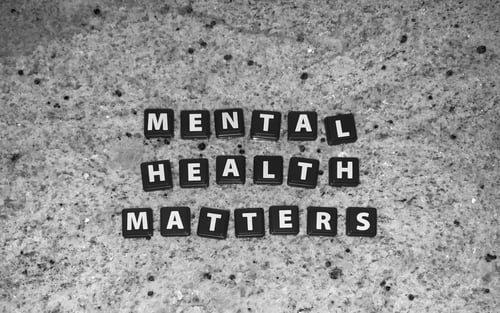
“Besides racism, class and gender diversity form barriers to accessing treatment. Unfortunately, the scarcity of funding in the charity sector and the lack of childcare in counselling services means that many referrals have to be turned down and often demands that therapy ends prematurely.”
What is your advice to women who are struggling with mental health issues?
Hannaa: I am reminded of the words of a pregnant woman in the community at Room to Heal “ I am going to call my baby girl ‘Hope’, to remind us (the therapy group members) that we should not give up. There is hope”. Echoing this beautiful energy, I believe it is really important to not give up on the hope to have a supportive community and feeling safe and at home with others.
https://www.hannaaelsayed.com/
